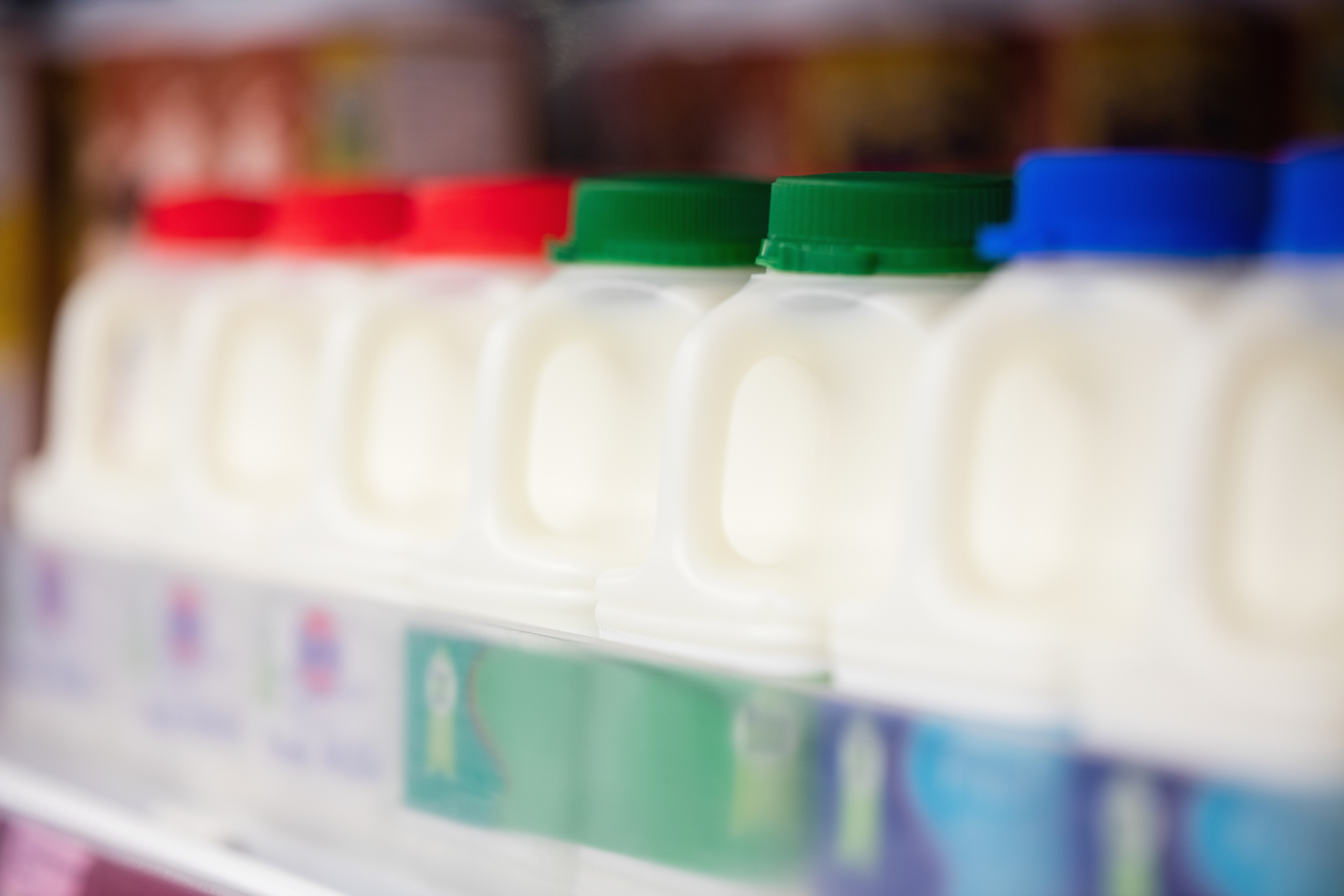By Emmy Powell
Communications Specialist
The U.S. Food and Drug Administration (FDA) released draft recommendations for labeling and naming plant-based milk alternatives and foods.
The draft guidance also recommends voluntary nutrient statements for the labeling of some plant-based milk alternatives.
FDA Commissioner Robert M. Califf, M.D. said the draft was created to address the increase in plant-based milk alternative products in the marketplace.
The draft recommendations “should lead to providing consumers with clear labeling to give them the information they need to make informed nutrition and purchasing decisions on the products they buy for themselves and their families,” Califf said.
The variety of alternative products have expanded from soy, rice and almond to include cashew, coconut, flaxseed, hazelnut, hemp seed, macadamia nut, oat, pea, peanut, pecan, quinoa and walnut-based beverages. Although these products are plant based, their names include “milk.”
The document, Labeling of Plant-based Milk Alternatives and Voluntary Nutrient Statements: Guidance for Industry, recommends that plant-based milk alternative products that include the term “milk” in its name and has a nutrient composition that is different than milk should say, “Contains lower amounts of Vitamin D and calcium than milk.”
Dairy products are recommended for a healthy eating pattern by the Dietary Guidelines. Dairy foods, including milk, provide key nutrients such as protein and vitamins A and B-12, along with calcium, potassium and vitamin D.
Soy beverages have been found to have a similar nutrient composition to milk. But other plant-based milk alternatives do not meet the recommended nutritional intake.
“Getting enough of the nutrients in milk and fortified soy beverages is especially important to help children grow and develop, and parents and caregivers should know that many plant-based alternatives do not have the same nutrients as milk,” said Susan T. Mayne, Ph.D., director of the FDA’s Center for Food Safety and Applied Nutrition. “Food labels are an important way to help support consumer behavior, so we encourage the use of the voluntary nutritional statements to better help customers make informed decisions.”
FDA also recommends that industry use the USDA’s Food and Nutrition Service fluid milk substitutes nutrient criteria to determine if a plant-based milk alternative is nutritionally similar to milk. The agency also encourages consumers to use the Nutrition Facts label to compare the nutrient content of different products to help make informed choices.
The National Milk Producers Federation said the FDA’s recommendations are a step in the right direction.
“By acknowledging both the utter lack of nutritional standards prevalent in plant-based beverages and the confusion over nutritional value that’s prevailed in the marketplace because of the unlawful use of dairy terms, FDA’s proposed guidance will provide greater transparency that’s sorely needed for consumers to make informed choices,” Jim Mulhern, President and CEO of the National Milk Producers Federation, said.
Mulhern noted allowing beverage to continue to use the term “milk” violates FDA standards.
“Still, the decision to permit such beverages to continue inappropriately using dairy terminology violates FDA’s own standards of identity, which clearly define dairy terms as animal-based products,” he said in a statement. “We reject the agency’s circular logic that FDA’s past labeling enforcement inaction now justifies labeling such beverages as “milk” by designating a common and usual name. Past inaction is poor precedent to justify present and future inaction.”
Enforcement must be taken to ensure the recommendations are reflected in the marketplace, Mulhern said.
FDA’s guidance is open for public comment through April 24.
View the FDA’s draft guidance here.

